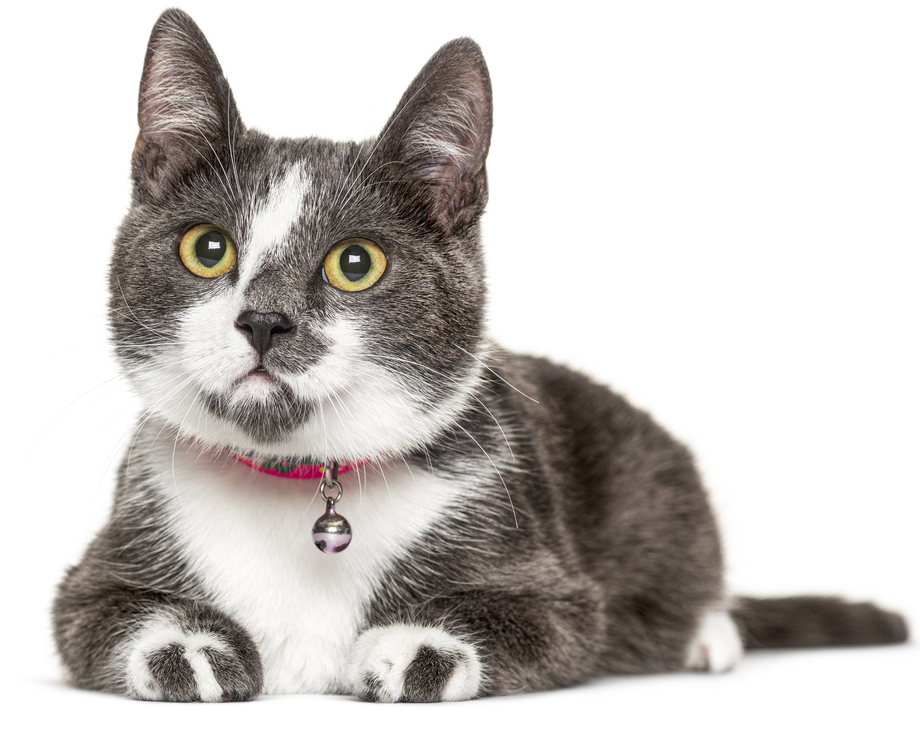Tailoring Your Pet's Vaccines to Their Individual Needs
Our veterinarians will work with you to evaluate your pet’s risk factors and create an individualized vaccine plan tailored to their needs and lifestyle. We continuously monitor which diseases are most prevalent in our area, and consider factors specific to your pet such as their age, size, exposure to other animals, boarding, and travel history to select the right vaccines and administration frequency for them.
Some vaccines are considered “core” and essential for all pets to receive and others are “non-core” and administered based on a risk assessment. Some vaccines are administered yearly and others every few years. We can also offer vaccine titers as part of your pet's individual plan, and assess their level of immunity to certain diseases.
Vaccines We Offer to Cats and Dogs in Troy, MI
Below are the vaccines we provide to our canine and feline patients and the diseases they prevent:
How to Monitor Your Pet After Their Vaccinations
Mild reactions to vaccines are normal and to be expected a few hours after injection. However, if your pet’s side effects persist for up to 2 days or they show obvious signs of discomfort, you should let us know right away.
Here are some of the common reactions we see in pets after they’ve been vaccinated:
- A mild fever
- Minor swelling and soreness at the site of injection
- Decreased activity and appetite
Before we vaccinate your pet, please let us know if they have had reactions to their vaccines in the past. We can update your pet’s vaccine protocol accordingly to reduce their risk of a reaction. We also recommend waiting 30 minutes to an hour after your pet’s vaccinations before returning home, just in case they have a reaction that needs to be treated quickly.
For more information about what you can expect after your pet's vaccinations, download the info sheet below!

